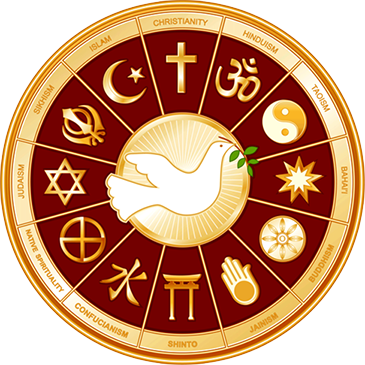
My goal with this blog is to help you find The Source. By using the word “The Source,” I mean seeking a higher power often called by the various religious traditions as: God, Jesus Christ, Allah, the Chosen, nirvana, enlightenment, spirit worship, seeking Salvation, submission to God, attaining Liberation, the realization of the Dharma, to Awaken, The Way, etc.
All recognize there is more, must be more, to the human experience—some higher calling– beyond our unrelenting birth, family, work, and death cycle.
I remember as a youth I would lie beneath a tree and watch the sunlight filter through the wavering leaves. I “knew” that there was more, had to be more, to this human experience than the disquiet I felt. My restlessness was more than a nagging question of what was I to do with my life? I felt there was some sort of God-like source I knew existed, I just had to find it and learn how to tap into it. Only then would I feel like I was “home” and be at peace.
In my search I found that religious traditions often explained how to find your way to God. Generally, they offered some combination of three paths: 1. Scholarship (the in-depth study of a religious tradition), 2. Service to Others, and/or 3. Deep Prayer, Meditation or Yoga. These paths were often accompanied by reinforcing mechanisms: the ongoing, often daily, practice of various rituals, an obligation to belong to and build a like-minded spiritual community, and the acceptance of some dogma and revealed texts explaining the cosmos and your path forward to God.
All religions have moral authority i.e. prescriptions for love, compassion, kindness and conscious righteous actions. They all seek to make you a “good” person, often explained as being free of sin and suffering. As your reward, you become closer to God and free from the trivialities of your existence.
In some religious traditions you achieve salvation or enlightenment because you are among the Chosen, but in most, however, you must choose a practice to develop a relationship with your concept of God. It is often a daily discipline of thought and action to invoke the presence of God within. It may mean you turn toward Mecca to pray five times a day, or you meditate, or study your revealed texts, or you serve the needs of others, or you attend a church service. It does not matter what you choose, it only matters that you “do” choose to bring yourself closer to God.
Now, what about those who are atheists, agnostics or lapsed religious followers? Many of the great religions do not believe in God. Look at Buddhists, Confucianism, and Taoism. Many do not believe in One God, but in many instead… Hinduism, Shintoism, and indigenous religions. It does not matter what you believe. What matters is that you choose a path that makes you a righteous person. In all cases, it is the discipline of a thoughtful practice that will give you the inner peace and joy you seek.
